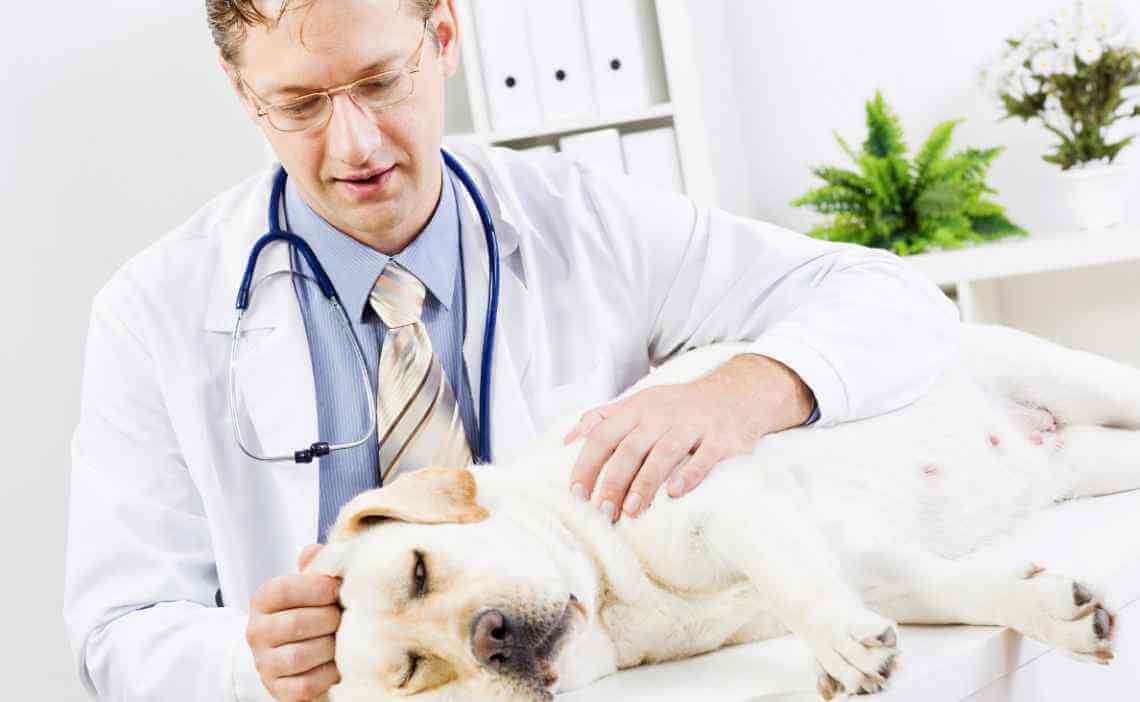
Since its inception in 1961, the third week of March is designated as National Animal Poison Prevention Week. This year the week-long observance falls on March 17-23. Dogs who are pets are among the most vulnerable to toxins.
Discovering your dog has been poisoned is a very stressful situation. In addition to being frightened for their dog’s health, countless dog owners experience regret because they realize they might have been able to prevent the mishap. In a great number of cases, ingestion of toxins could have been avoided. It only takes a few minutes to educate yourself on how to dog or puppy-proof your home (and yard) and avoid the inevitable heartache that so often occurs when a beloved pet is accidentally poisoned.
Awareness is the key to preventing your dog from being poisoned. Dogs are curious by nature and many will eat just about anything – especially puppies!
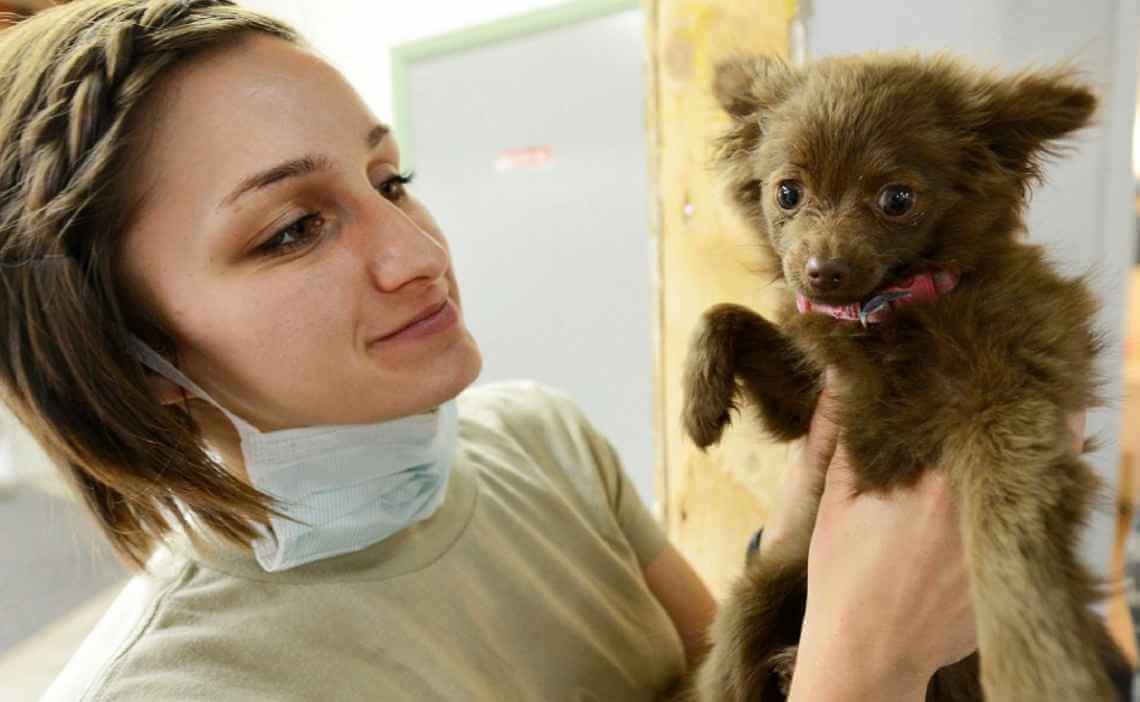 Here are the top 5 most common toxins that poison dogs and suggestions for preventing accidental poisoning.
Here are the top 5 most common toxins that poison dogs and suggestions for preventing accidental poisoning.
-
Human medications
A large percentage of dog poisoning incidents are for dogs who ingest over-the-counter (OTC) or prescription medications. Many involve antidepressants (i.e. Prozac, Paxil, Celexa and Effexor) and common OTC drugs that contain acetaminophen (Tylenol®) or NSAIDs (Advil®, Aleve® and Motrin), which can cause serious harm to dogs. Make sure you store your medications in places your dog can’t reach or keep them in a locked medicine box.
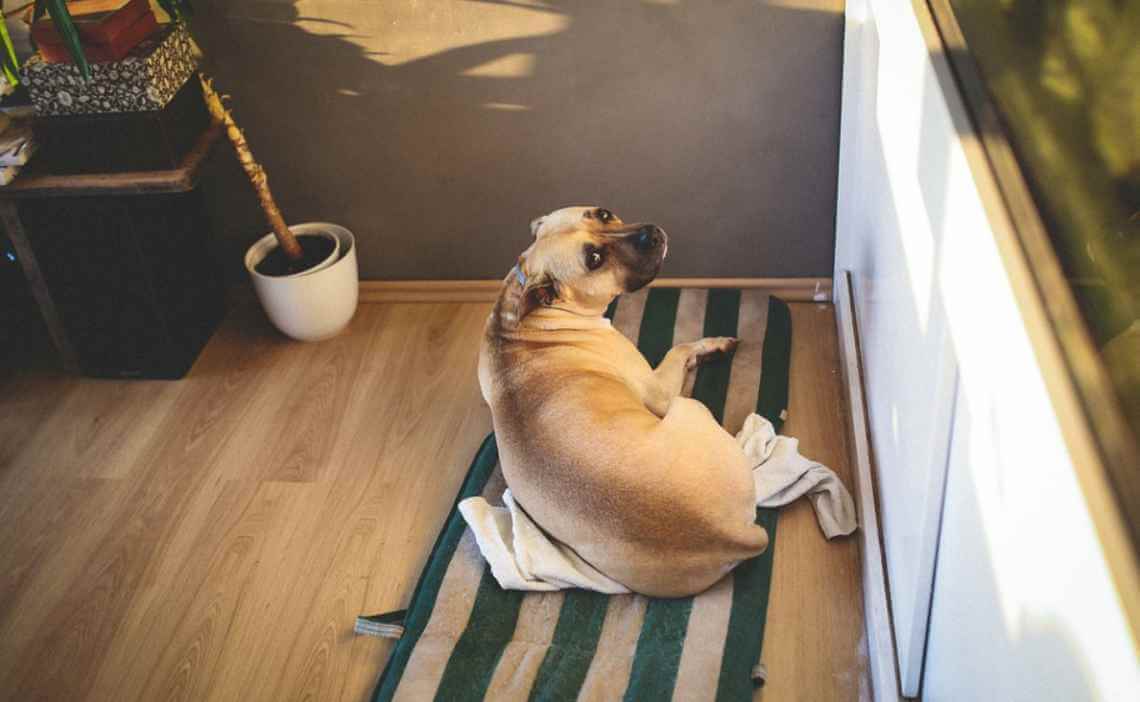
-
Human foods
Dogs are notorious for ingesting foods they shouldn’t eat. The most common food that is safe for humans but highly-toxic to dogs is chocolate, especially dark chocolate, because it contains theobromine. Theobromine is a type of caffeine that can be deadly to dogs. Another food item that is safe for humans but very toxic to dogs (even if eaten in small amounts) is xylitol. Xylitol is found in sugarless food items, like sugarless candy, throat lozenges, jellies, jams and other sugar-free foods. Raisins and grapes can cause kidney failure in dogs, so make sure to keep them out of your dog’s reach. Other human foods that are toxic to dogs include onions, garlic, macadamia nuts, yeast-based dough and sea salt. To read more about xylitol poisoning click here, more about substances that are toxic to dogs click here, and holiday hazards for dogs click here.

-
Insecticides
Dogs will often eat insecticides in the form of bug sprays, baits, traps, granular repellants and more. While some household insecticides don’t pose much of a danger to dogs, certain potent types such as organophosphates (often found in rose-care products) can be life-threatening, even when ingested in small amounts. Make sure you keep bug control products away from your pooch.
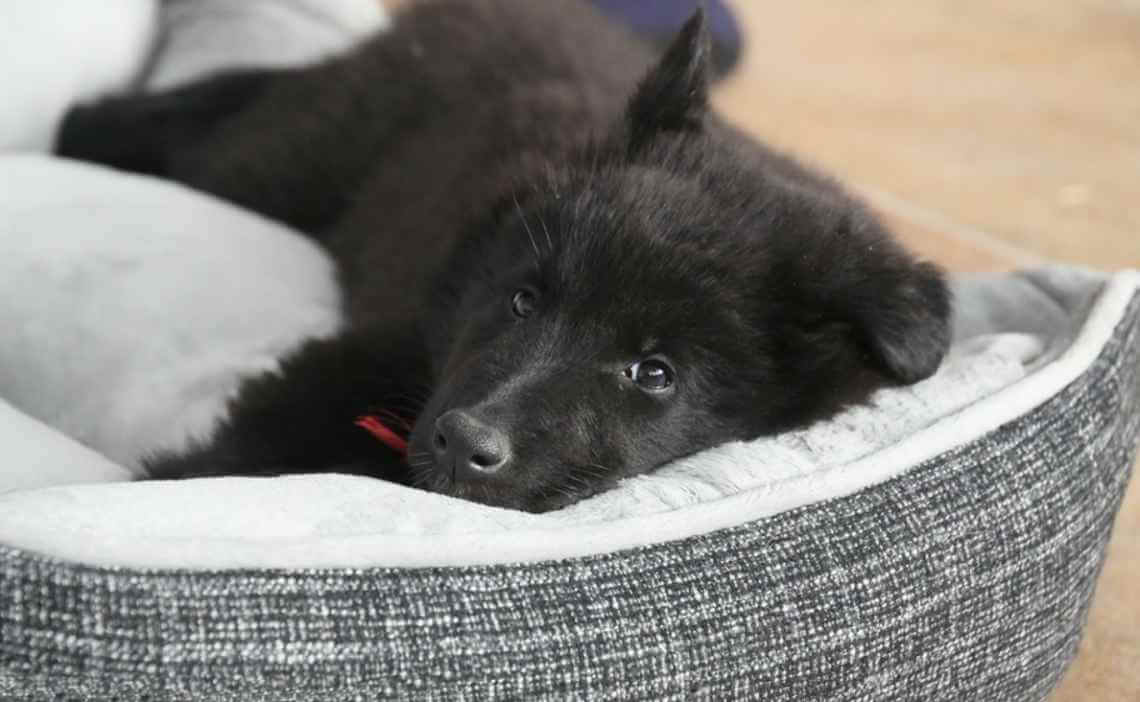
-
Rodenticides
All too often dogs will get into mouse and rat poisons, which contain various active ingredients that are poisonous to dogs. Depending on the item ingested, poisoning can result in mild to severe symptoms, including:
- Uncontrolled bleeding
- Swelling of the brain
- Kidney failure
- Seizures
- Death.
Almost all rodenticides do NOT have an antidote, meaning they are very difficult to treat. Keep in mind there is such a thing as “relay toxicity”, meaning your dog can be poisoned by eating dead rodents that were poisoned by rodenticides.
Lock any rodenticides you have on hand in a very safe place where you are SURE your dog can’t get to it.

-
Dietary supplements and vitamins
Some vitamins, such as Vitamins C, K and E are fairly safe for dogs, but others, such as iron, Vitamin D and alpha-lipoic acid can be highly toxic. Also, keep in mind that some sugar-free multi-vitamins contain xylitol, which is toxic to dogs. Make sure to keep all dietary supplements and vitamins safely out of your dog’s reach.
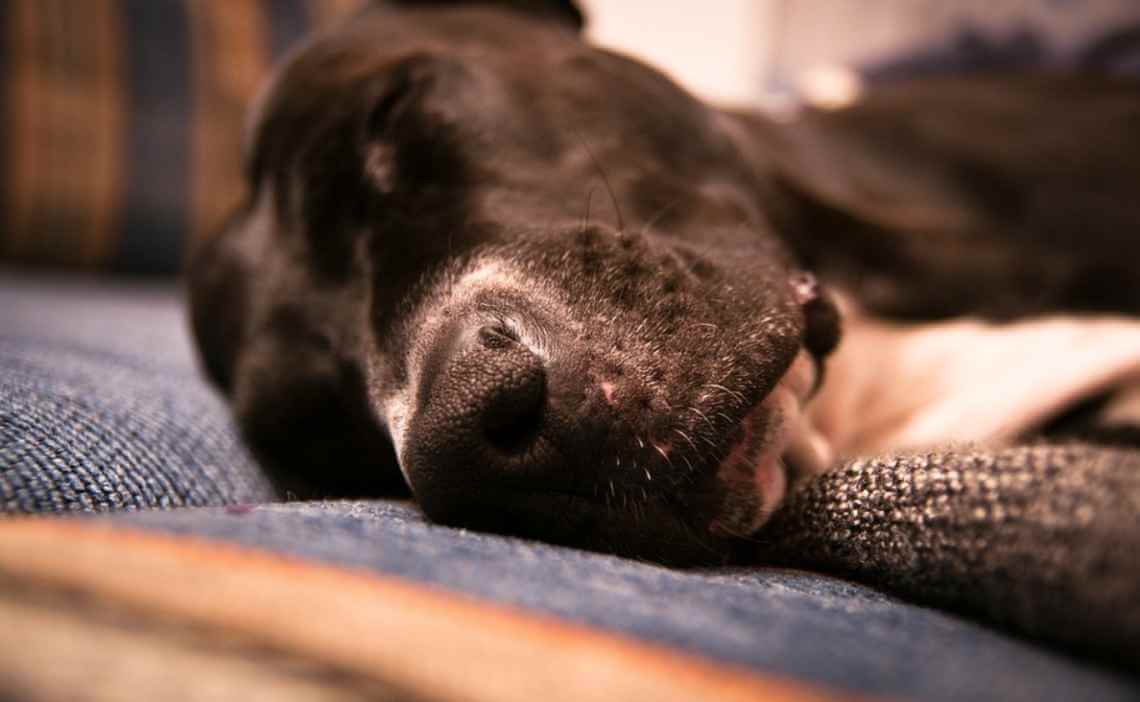
If you think your dog has ingested something harmful, take action immediately.
- Call your veterinarian, or
- ASPCA Animal Poison Control Center at 1-888-426-4435, or
- Pet Poison Helpline at 1-800-213-6680.
Both the Pet Poison Helpline and Animal Poison Control Center are available 24 hours a day, 7 days a week, 365 days a year.
Animal Poison Control Center offers a free smartphone app that you can use to search over 300 potential everyday hazards. Search for “APCC by ASPCA” in the App Store or Google Play Store.
Pet Poison Helpline offers an iPhone app with an extensive database of over 200 poisons that are dangerous to pets. Search for “Pet Poison Helpline” in iTunes or the App Store. There may be a $1.99 fee for this app.

Worried about your dog while you’re away from home? Bring your dog to Canine Campus, a place where your dog will have fun while being safely supervised and given the best possible quality of care.
Contact us today at 719-448-9600 to learn more about our premier dog daycare, overnight care and grooming services.













Kikitutti96@gmail.com franzine. My pit bull deasil seems to want eat grass, like he has upset stomach. Stool light brown and soft.
It might be worth taking your dog to the vet to rule out anything serious. Hope you visit the blog again soon!